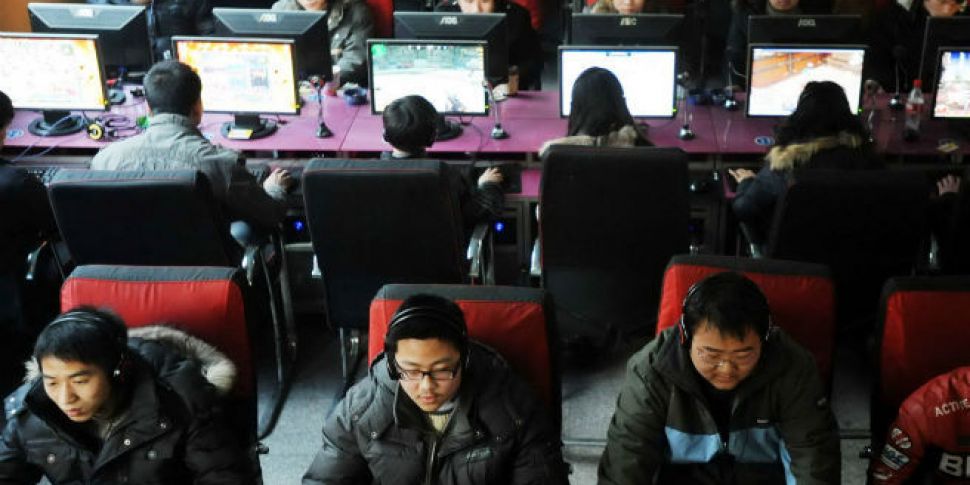No content with banning puns, arresting fan-fiction writers and censoring imported television programmes, China is now demanding that its 600m web-surfing citizens use their real names online.
While the use of pseudonyms is rife online, indirectly giving trolls and bullies license to harass people without accountability, the Chinese authorities are not clamping down on monikers to make the web a more pleasant place to post. Instead, it’s to crack down on online dissidents and political radicals.
The official party line is that China is trying to stop the number of Internet users impersonating celebrities, “including foreign heads of state,” like Barack Obama and Vladimir Putin, according to the regulator who passed down the mandate yesterday.
To tackle this, the authorities will be insisting upon tougher name restrictions on Weibo, a Chinese social network similar to Twitter (which is banned in China, along with Facebook and Google). The restrictions will also apply to blogging platforms, comment sections and any discussion-driven website – essentially applying to everything except for email accounts.
While commenters will still be permitted to select a unique screen name and profile picture for any online account, their choices will be screened and regulated to remove any names deemed “unacceptable,” and users will have to link all accounts to their real identity. The change in regulations will also apply retroactively, meaning existing accounts whereby pre-existing web-users who’ve been posting under anonymous aliases for years will be forced to register their identities or lose their accounts.
Chinese websites will be forced to comply with the rules as early as next month, and are expected to enforce the regulations by verifying the identities of their users. It is unclear to what lengths the state will go to make sure the information submitted by users is accurate, but in the past arrests have been made of Internet commenters accused of spreading false information or rumours online.









